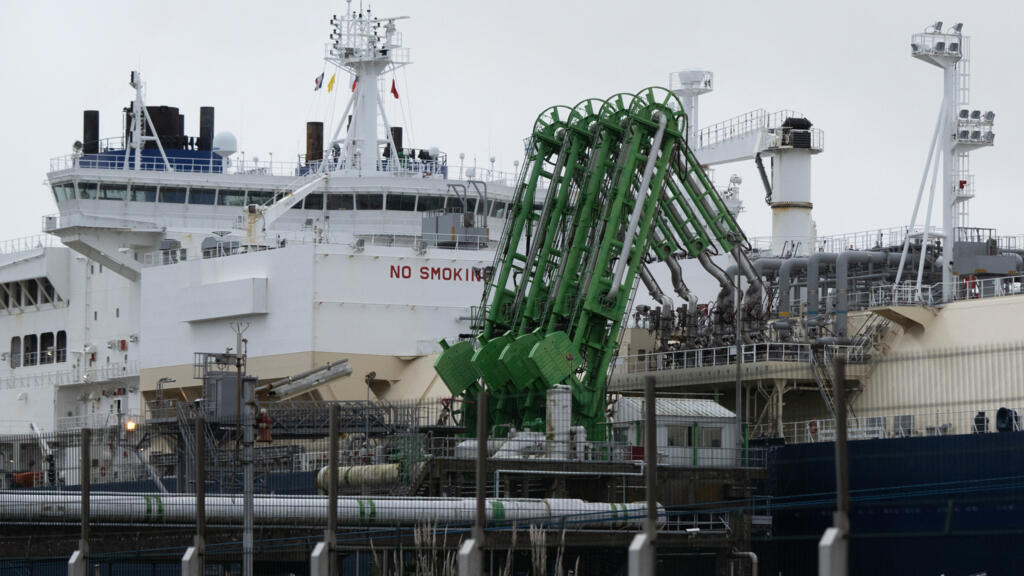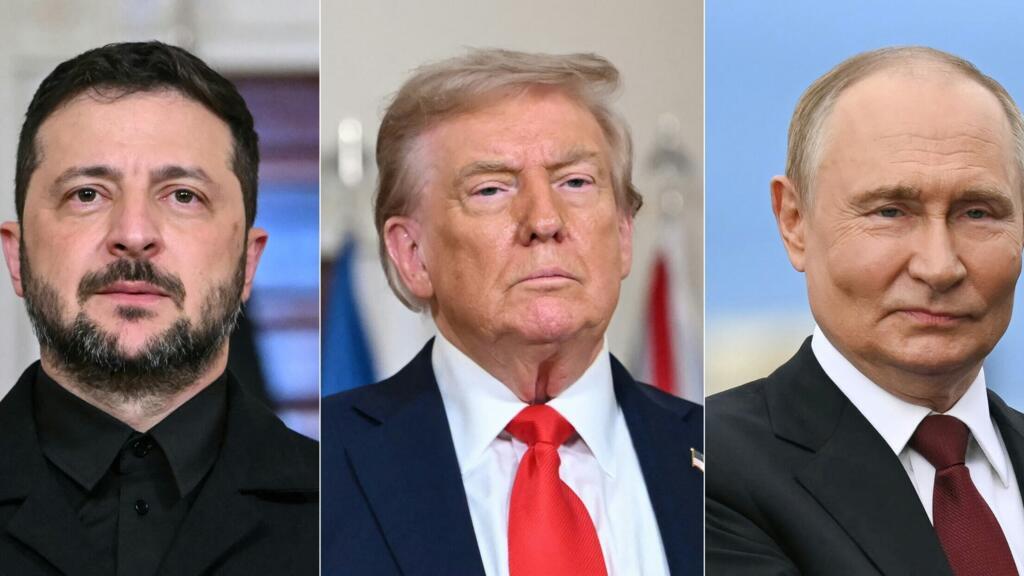The European Union (EU) has reached a significant agreement among its energy ministers to phase out all Russian gas imports by the end of next year. This decision underscores the bloc's responses to rising geopolitical tensions and the ongoing conflict involving Russia. The determination to reduce reliance on Russian energy supplies reflects broader efforts within the EU to enhance energy security and transition towards more sustainable energy sources.
Despite this collective agreement, diplomats reported that Hungary and Slovakia, two member states with closer diplomatic ties to the Kremlin, expressed their opposition to the plan. Both countries continue to rely on Russian gas imports through pipelines, which complicates their energy strategies and raises questions about their alignment with the EU's collective objectives. Their resistance highlights the challenges the EU faces in achieving a unified stance on energy policy, particularly when member states have differing dependencies and priorities.
The agreement to eliminate Russian gas imports signals a watershed moment for the EU as it seeks to diversify its energy sources and reduce vulnerabilities linked to geopolitical conflicts. The decision is also aligned with the broader sanctions imposed on Russia, aiming to limit its financial resources and influence in Europe. As energy supply concerns mount, the EU is exploring alternative suppliers and investing in renewable energy projects to ensure stability in energy markets.
In light of the ongoing geopolitical landscape, the commitment to phase out Russian gas is not just an economic maneuver but also a strategic realignment within the EU. The bloc aims to foster greater energy independence and resilience against possible future disruptions from major energy suppliers. This includes bolstering infrastructure for liquefied natural gas (LNG) imports, expanding renewable energy capabilities, and enhancing energy efficiency measures across member states.
This agreement arrives amid a backdrop of fluctuating energy prices and the increasing urgency for nations to secure reliable energy sources. As winter approaches, EU member states are racing to mobilize resources and prepare for eventual gas shortages while navigating the political ramifications of reducing dependence on Russian energy exports.
The reactions from Hungary and Slovakia illustrate the complex dynamics within the EU regarding energy policy. Both countries are balancing domestic energy needs with the strategic imperatives of EU solidarity. Finding a pathway to accommodate their concerns while still adhering to the broader EU objectives remains a challenge that will need to be addressed in future discussions.
Overall, the EU’s decision to phase out Russian gas by the end of next year reflects a significant pivot in its energy policy—one that prioritizes security and sustainability, albeit with challenges in achieving uniformity among member states. As the bloc implements this phase-out, the implications for energy markets, geopolitical relations, and internal cohesion will continue to unfold.












